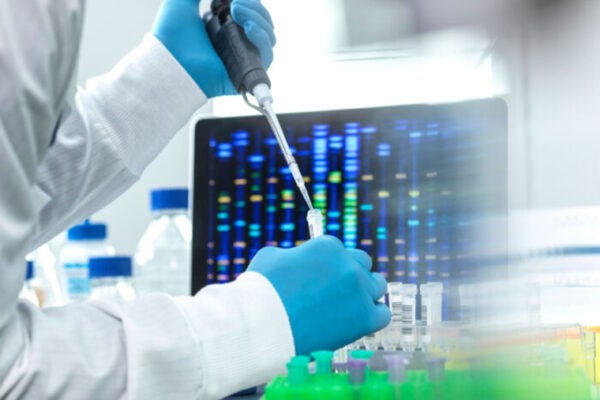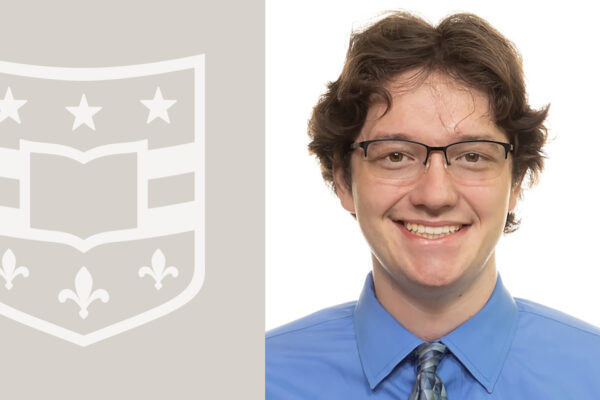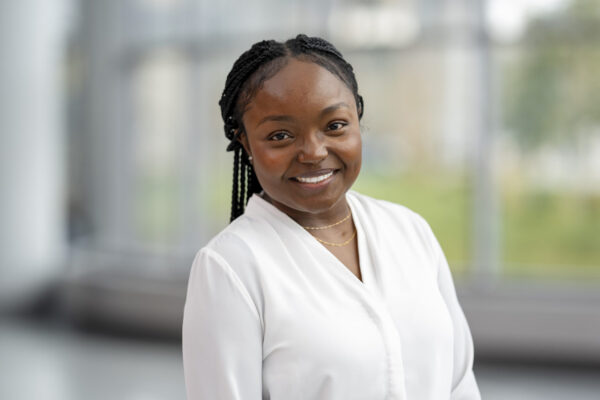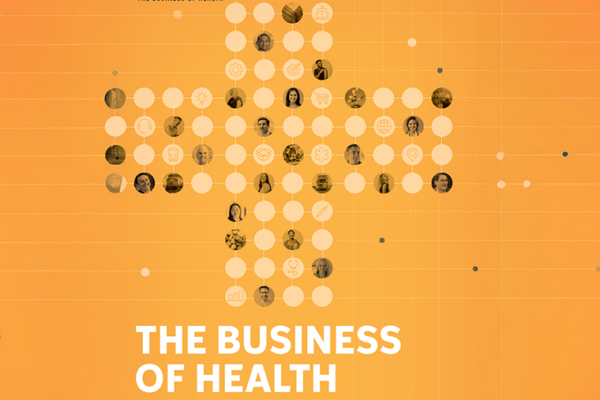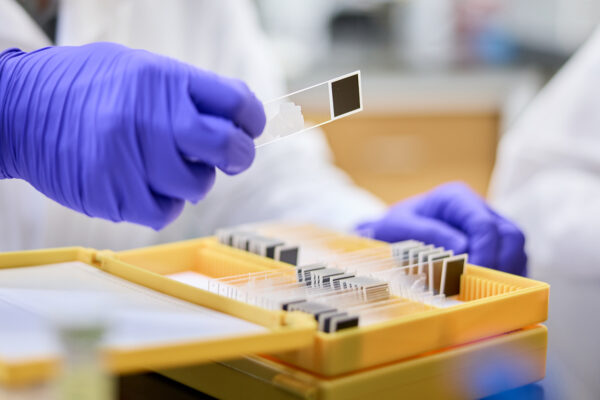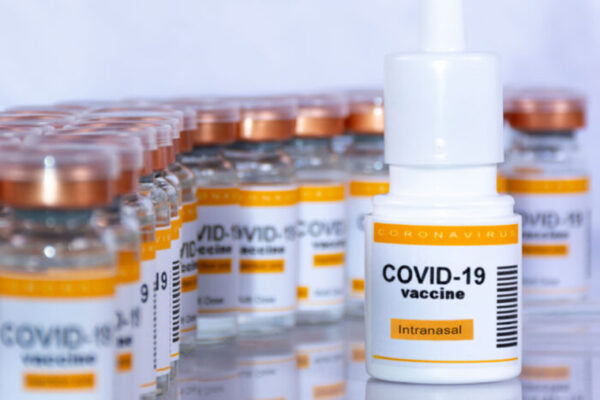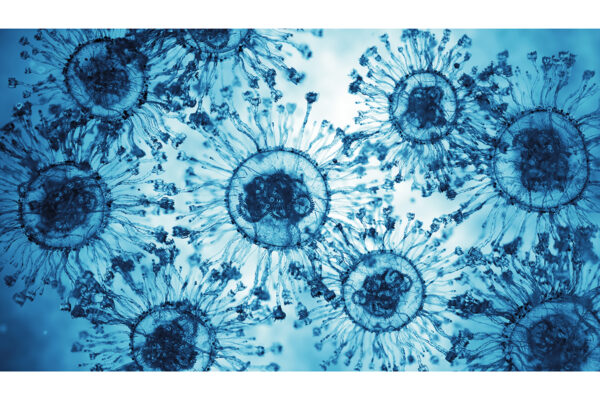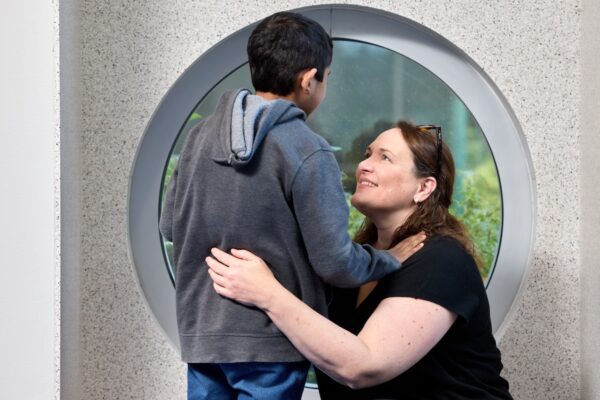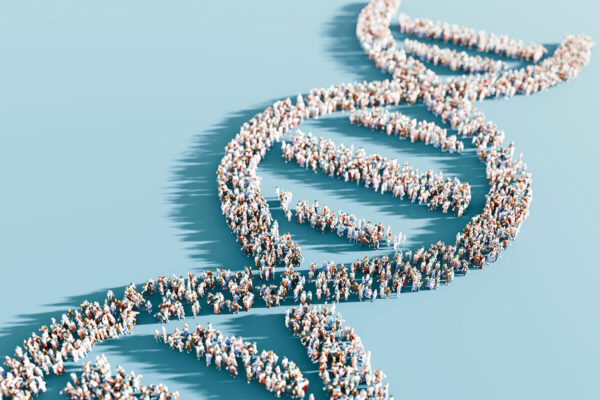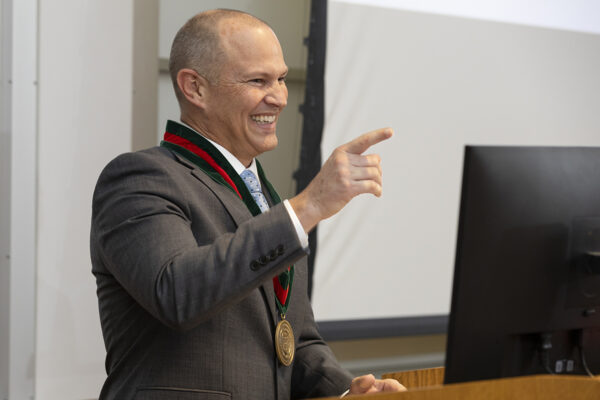Study highlights barriers to genetic testing for Black children
A recent study by WashU Medicine researchers found Black children were about half as likely as white children to obtain genetic testing ordered by their neurologists.
Rutledge-Jukes named to Forbes’ ’30 under 30′
Heath Rutledge-Jukes, 25, a second-year student at WashU Medicine, has earned a spot on Forbes’ “30 Under 30” education list.
Mwirigi awarded HHMI fellowship for exceptional early-career scientists
Neuroscientist Juliet Mwirigi, a postdoctoral researcher in the Department of Anesthesiology at WashU Medicine, has been named a Hanna H. Gray Fellow by the Howard Hughes Medical Institute.
Olin launches new Business of Health initiative
WashU Olin Business School recently launched a new health initiative that envisions Olin as the premier institution for the business of health and an engine for innovation at WashU.
WashU Medicine and Weizmann Institute of Science establish joint research program
WashU Medicine and the Weizmann Institute of Science have launched a collaboration to support joint research projects focused on understanding the role of microbes and the immune and nervous systems in human health and disease.
Nasal COVID-19 vaccine based on WashU technology to enter U.S. clinical trials
A nasal vaccine for COVID-19 – based on technology developed at Washington University in St. Louis – is poised to enter a phase 1 clinical trial in the U.S.
NIH awards $10 million to study human virome
Researchers at WashU Medicine have received two grants totaling more than $10 million from the National Institutes of Health (NIH) to study the human body’s resident viruses, those not known to be associated with disease.
Juliane Bubeck Wardenburg
Juliane Bubeck Wardenburg, MD, PhD, at WashU Medicine, brings empathy and compassion to families with children in critical care. She also is working on strategies to prevent staph infections in infants.
$14 million supports work to diversify human genome research
WashU Medicine researchers have received two large grants from the NIH renewing funding for the Human Pangenome Reference Sequencing Project.
Berkland named inaugural Mark and Becky Ruhmann Levin Professor
Cory Berkland has been named the inaugural Mark and Becky Ruhmann Levin Professor in the McKelvey School of Engineering at Washington University.
Older Stories
